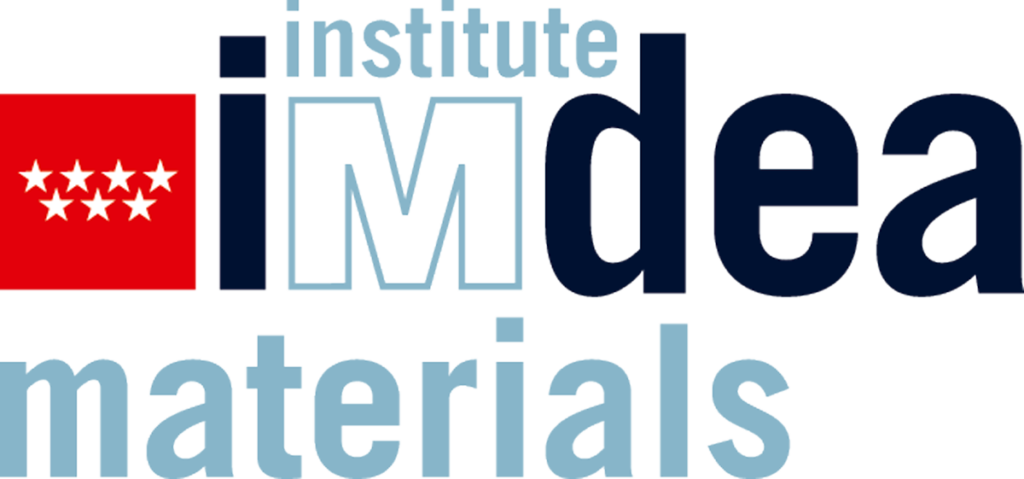Project details
Funding: U.S. Army Contracting Command
Project coordinator: IMDEA Materials
Project period: 08/09/2023 – 7/09/2026
IMDEA Materials' researchers
Dr. Srdjan Milenkovic
Abstract
Metal industry is one of the largest sectors worldwide. In order to maintain its strategic industrial strength, the greatest challenge is to continue making new metallurgical discoveries at higher pace. The classical one-at-a-time research methodology to develop new materials limits technological progress, particularly nowadays when engineering design tools have radically reduced the time necessary to optimize new products. The development and improvement of materials have always been demanding, time-consuming, and costly processes, with estimates for the time from discovery in the laboratory to the commercial market place often taking 10 to 20 years, and with R&D costs often in excess of $20 M per new material product. In order to accelerate materials research, Combinatorial Materials Science (CMS) and high-throughput (HT) technologies, have been introduced. Pioneered by the pharmaceutical industry and adapted for the purposes of materials science and engineering, they represent a watershed in the process of accelerated discovery, development and optimization of materials. However, there is a lack of methods for generating bulk materials libraries that can enable the accelerated material discovery and development, which is the main aim of the present proposal. Therefore, the proposed method will fill the missing gap and will present a big step beyond state-of-the-art.
The main objective of the MALIBU project is to develop a novel high-throughput route for the fabrication of materials libraries in the bulk form for accelerated material discovery and development by combining a computational method (CALPHAD) with experimental methods (binder jetting, high-throughput melting and screening). In contrast to the traditional trial-and-error approach, the MALIBU project advocates the accelerated discovery and optimisation of higher-performance alloy formulations using combinatorial principles. By rapidly and synthesising large numbers of compositionally-varying alloy samples the aim is to intelligently screen large compositional landscapes in search of special alloys that have, up to now, remained unexplored. This alloy screening and optimisation process could be done very rapidly (ideally <<6 months), as opposed to the 5-6 years needed now.
In the first step, the powder metallurgy methods will be used to create triangular oblique pyramid layers. Next, the layers will be stacked and embedded in the honeycomb monoliths, so that each honeycomb cell will have different composition. Finally, the entire materials library will be melted by induction heating simultaneously yielding thus a range of ingots (ca 10 mm in diameter and 100mm in length) with the discrete change in composition. The method will be demonstrated on a ternary system, but it could be later upgraded to higher order systems. This approach might be especially attractive for the new concept of materials development where there are 4-5 components with equiatomic percentage (High Entropy Alloys).
The state-of-the art combinatorial and high throughput techniques used for synthesis of bulk materials libraries suffer from several drawbacks. The originality and breakthrough of the MALIBU is reflected in the fact that a completely new approach will be used to surpass the major drawbacks of the existing methods. In addition, it will make use of well established experimental techniques (powder metallurgy and induction melting) to achieve something completely new, in which all others approaches have failed: to generate macroscopic alloys libraries. The biggest advantages of this method, however, are:
- It is applicable to almost all metallic elements and alloys;
- It is highly versatile as the number of components is limited only by geometry of the stacks and individual layers and
- It can be further scaled-up. This method is expected to revolutionize the way in which complete libraries of bulk compositional spreads are produced in few simple steps.
Partners

Funded by

Research was sponsored by the Army Research Office and was ccomplished under Grant Number W911NF-23-1-0347. The views and conclusions contained in this document are those of the authors and should not be interpreted as representing the official policies, either expressed or implied, of the Army Research Office or the U.S. Government. The U.S. Government is authorized to reproduce and distribute reprints for Government purposes notwithstanding any copyright notation herein.

